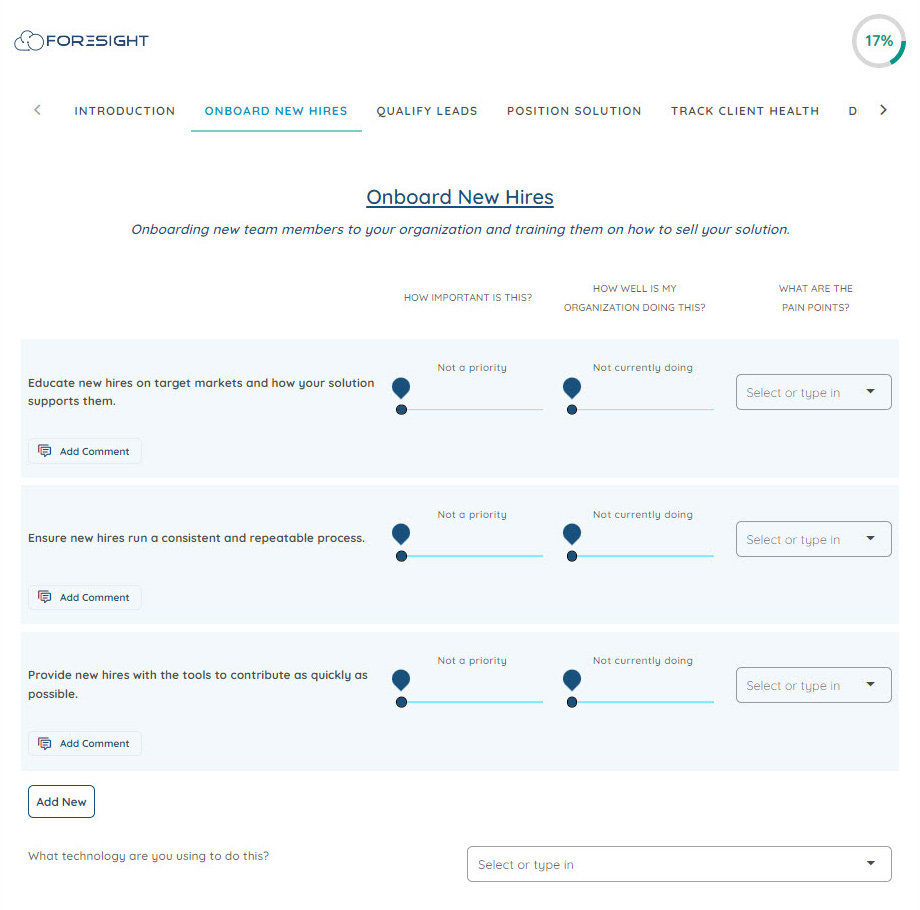Executive Summary
As we approach 2025, B2B Customer Success (CS) is at a pivotal point of transformation. Customer success is no longer viewed as a reactive, support-driven function but as a strategic profit center that directly influences long-term business growth and customer retention. The convergence of technology, evolving customer expectations, and the need for measurable business outcomes will redefine how CS leaders approach their roles. This white paper explores key trends shaping the future of B2B customer success and provides actionable insights for CS leaders preparing for 2025.
Key Trends Shaping B2B Customer Success in 2025
- Outcome-Based Success
In 2025, CS will focus on driving measurable, outcome-based success. Customers will demand more than just product functionality—they will expect solutions that directly impact their business goals. Customer Success teams must shift from product usage metrics to delivering tangible business outcomes. Leaders need to invest in building a robust value realization framework that ties their products to customer success metrics such as ROI, cost savings, or revenue generation. - Integration of AI and Automation
AI and automation are expected to play a crucial role in scaling Customer Success operations. Predictive analytics will enable CS teams to anticipate customer needs and proactively mitigate churn. Automation will streamline routine tasks, freeing up CS managers to focus on strategic activities like relationship building and personalized customer journeys. Leaders should prioritize tools that integrate AI-driven insights into their CS operations to create data-driven, proactive customer engagement strategies. - Expansion of Digital-First Engagement
As customer bases continue to grow, digital-first customer success strategies will be essential. Customer Success organizations will need to scale efficiently through self-service portals, in-product guidance, and digital communities. Leaders should be preparing for omnichannel engagement strategies that provide customers with seamless support experiences, no matter the touchpoint. - The Rise of Value-Oriented Partnerships
By 2025, the role of Customer Success will expand beyond onboarding and support into the realm of partnership and co-creation. Customers will expect to collaborate with CS teams to co-develop solutions that fit their evolving business needs. CS leaders must build ecosystems of partners, advisors, and subject matter experts to offer high-value, tailored solutions. - Revenue Accountability and Profit Center Mindset
CS teams will increasingly be held accountable for revenue growth, driving expansions, renewals, and upsells. Leaders must evolve Customer Success from a cost center to a profit center by fostering cross-functional collaboration with sales and product teams. Implementing metrics that directly tie CS activities to financial performance will be critical in demonstrating the value of this transformation. - Customer-Centric Product Development
The feedback loop between Customer Success and product teams will tighten in 2025. With customers expecting seamless and evolving product experiences, CS leaders will need to play a more active role in influencing product roadmaps. Leaders should develop frameworks to collect, analyze, and act on customer feedback to ensure their products remain aligned with customer needs.
Key Considerations for Customer Success Leaders in 2025
- Shift from Activity Metrics to Outcome Metrics
Traditional success metrics such as NPS and product adoption will take a back seat to outcome-driven KPIs such as Value Perception Score (VPS). CS leaders must redefine success based on the tangible business value customers derive from their solutions. Leaders should start tracking revenue impact, customer ROI, and cost savings as core success metrics. - Cross-Departmental Collaboration is Essential
Customer Success will no longer function in silos. It will require close collaboration with sales, marketing, and product teams to deliver holistic customer experiences. Leaders need to foster a culture of shared accountability for customer outcomes and establish clear communication channels across teams. - Personalization at Scale
Personalizing customer experiences will be a crucial differentiator in 2025. CS leaders should invest in tools and technologies that allow them to tailor their strategies based on customer segments, business sizes, and industries. Personalization should extend beyond onboarding to include ongoing engagements, renewals, and expansions. - Data-Driven Decision Making
Customer Success teams must leverage data and analytics to make informed decisions about customer engagement strategies. CS leaders need to invest in technologies that provide 360-degree views of customer behavior, preferences, and product usage. Leaders should build data-driven CS strategies that allow for proactive and predictive customer management. - Prepare for Continuous Change
The customer success landscape is evolving rapidly, and adaptability will be key. Leaders should cultivate a mindset of continuous learning and innovation within their teams. They should invest in training programs, stay updated on industry trends, and be ready to pivot strategies to align with emerging customer expectations and technologies.
Conclusion
The future of B2B Customer Success is bright, but the role will be far more demanding in 2025. CS leaders must shift their focus from traditional support functions to outcome-based strategies that drive real business value. The adoption of AI, enhanced data analytics, and a personalized approach will be crucial in staying competitive. Ultimately, Customer Success will be expected to act as a revenue generator, aligning closely with sales and product teams to deliver sustained growth.
Leaders who embrace these trends and prepare for the future will position their organizations for long-term success and build stronger, value-driven relationships with their customers.


